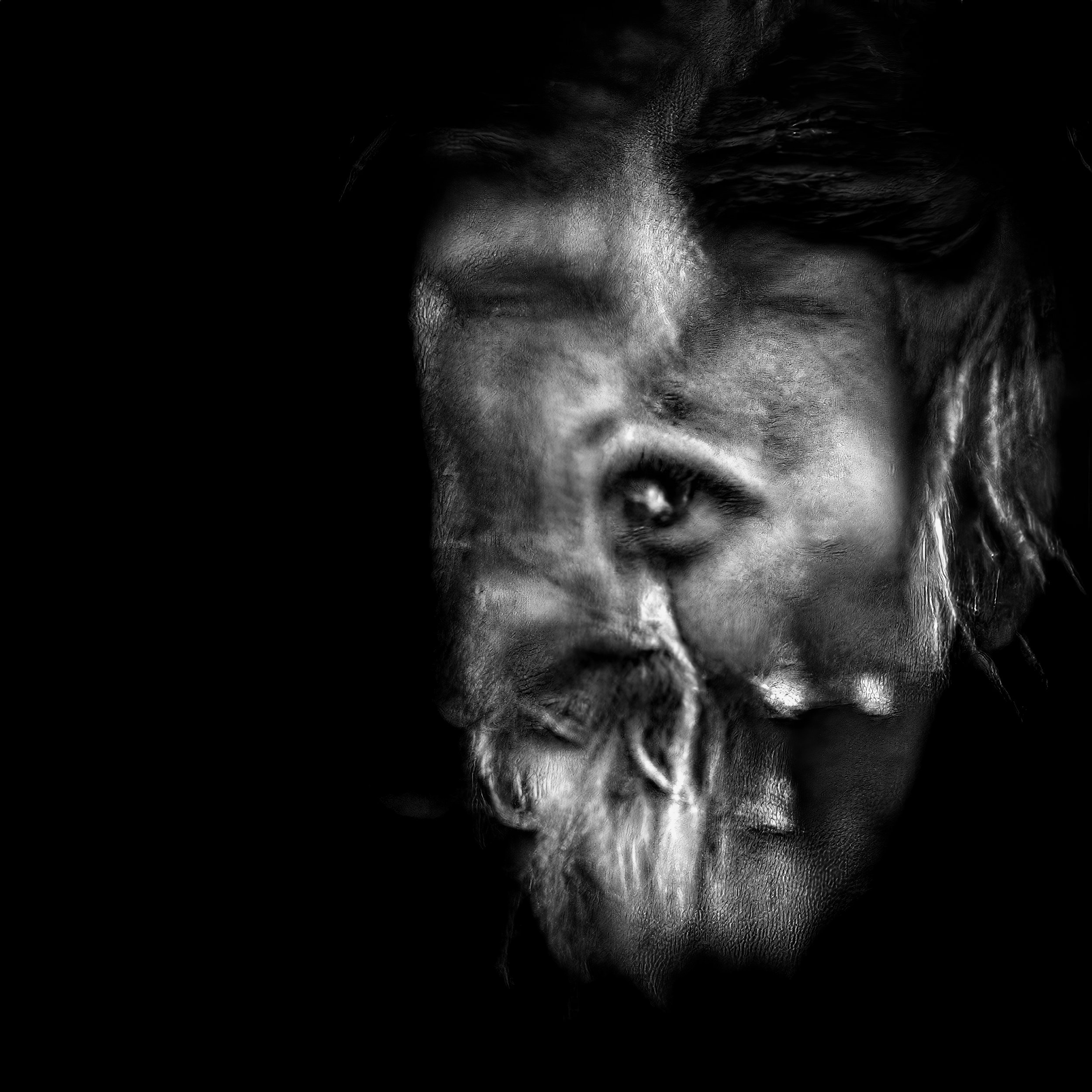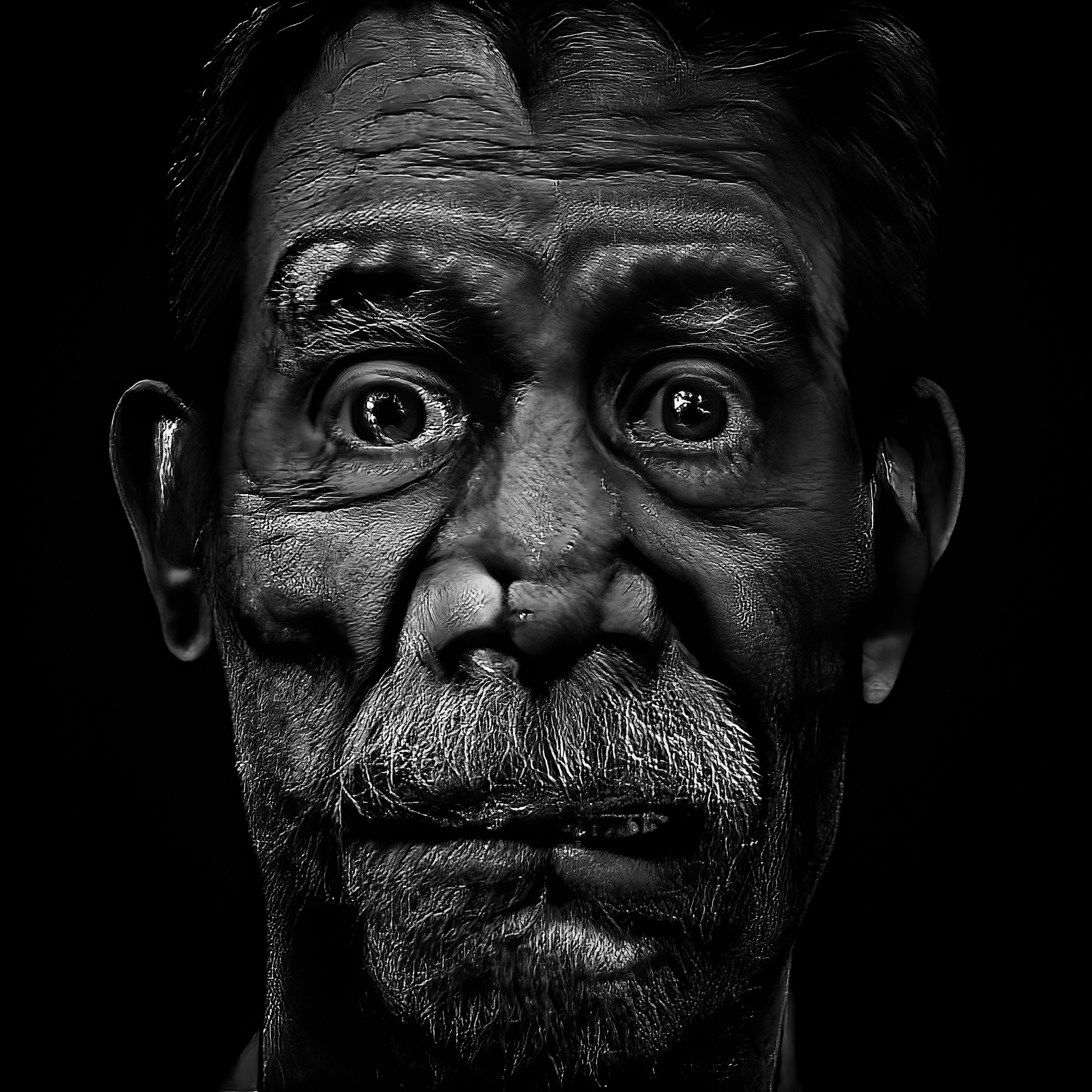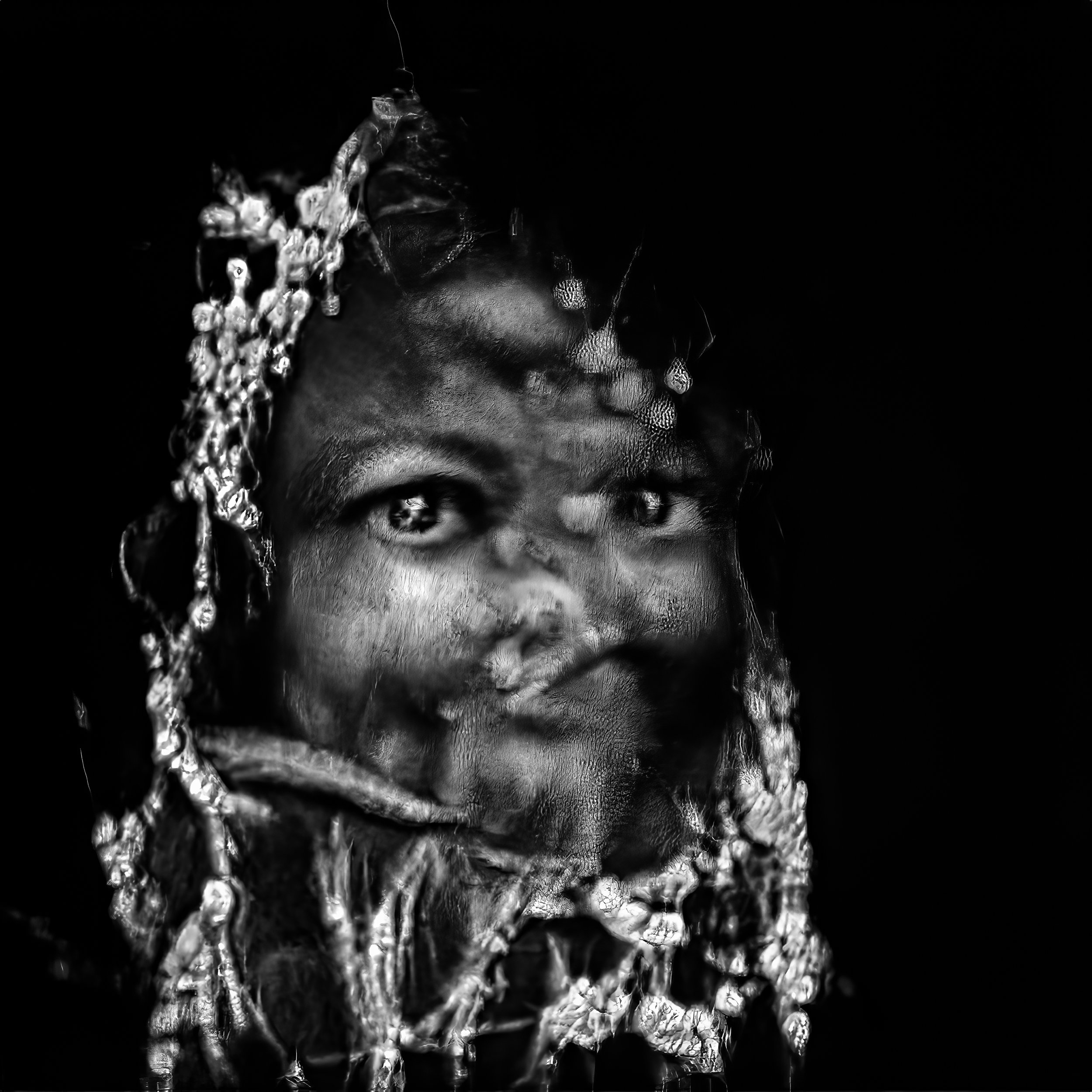Machine Vision Artist Feature: Rashed Haq
MACHINE VISION
March 3 – April 29, 2023
Join Candela Gallery over the next few weeks as we feature artists from Machine Vision, a survey of tech-based photographic works: Michael Borowski, Kurt Caviezel, Adam Chin, Rashed Haq, Noelle Mason, Drew Nikonowicz, Maija Tammi, and Corinne Vionnet.
RASHED HAQ
Trial 14P11.6, 2021. Archival Pigment Print, 22 x 22 inches, Framed.
Edition 1 of 6. $4,000, Framed. INQUIRE >
In the front gallery, Rashed Haq's otherworldly black and white portraits create an effective foil to the romantic AI duos by Adam Chin.
Capturing an unease often associated with artificial intelligence, Haq's series Human Trials aims to create a visual embodiment of technology's distorted view on the individuality of humans.
Trial 1Q12-Q14, 2021. Archival Pigment Print, 22 x 22 inches, Framed.
Edition 2 of 6. $4,000, Framed. INQUIRE >
Trial 2Q10.5, 2021. Archival Pigment Print, 22 x 22 inches, Framed.
Edition 2 of 6. $4,000, Framed. INQUIRE >
"We live in a world of ubiquitous networked communication and generate a tremendous amount of data as many of our interactions are digitized, from shopping and entertainment to socializing and medical diagnosis. Algorithms sift this data to make sense of who we are, and assign to us a gender, ethnicity, age, sexual orientation, education level, class, marital status, status as parent, reliability as an employee, citizenship, locations frequented, entertainment preference, shopping preference, and depending on who is doing the assignment, identification as a terrorist. The invisible algorithmic categorization is used to shape our lives, often without us knowing…Often the underlying data and the algorithm are generating distorted views of their subjects - because the data and the algorithm can be incomplete, inaccurate or biased."
Haq's process begins in the studio, in complete darkness. Using a technique known as “light painting,” the artist utilizes long exposure times to move a light source across his subject. This results in portraits of unevenly layered light, leaving some parts entirely obscured.
The distorted images are then fed into a GAN* artificial intelligence program, where they are further warped. These final "portraits" present new beings altogether, some far enough removed from humanity that they cause an unsettling tug on some distant, primal fear.
*generative adversarial networks use digital photographs as input data to generate new “photographs” of people or things that have never existed in the real world
Trial 6Q6.6, 2021. Archival Pigment Print, 22 x 22 inches, Framed.
Edition 1 of 6. $4,000, Framed. INQUIRE >
ABOUT RASHED
Rashed Haq is a Bangladeshi-American artist, scientist and technologist. He learned photography in the darkroom in Rochester, NY and was trained as a mathematical physicist, going on to do research in quantum cloaking, quantum computing and the physics of black holes. He then worked in Silicon Valley developing innovative applications of artificial intelligence and robotics.
Haq explores the co-evolution of humans and technology, and the impact these have on our society, culture, environment and psychology. He uses a combination of photography and software algorithms in his artistic practice, many of the techniques having been used in software engineering. He has recently had over 40 solo and group exhibitions across North America, and his work is in various private and corporate collections. He was awarded the Art+Science award from Lenscratch, and the COMPAS Photography award from Oxford University.
MACHINE VISION
APRIL 6, 2023 | ARTIST PANEL
Join Candela Gallery on the evening of Thursday, April 6th as we welcome featured Machine Vision artists into the space for a panel covering topics regarding the overlaps in technology and photography: surveillance, artificial intelligence, NFTs, and more. Doors open at 6:00pm. Panel discussions and live broadcast begin at 6:30pm.








